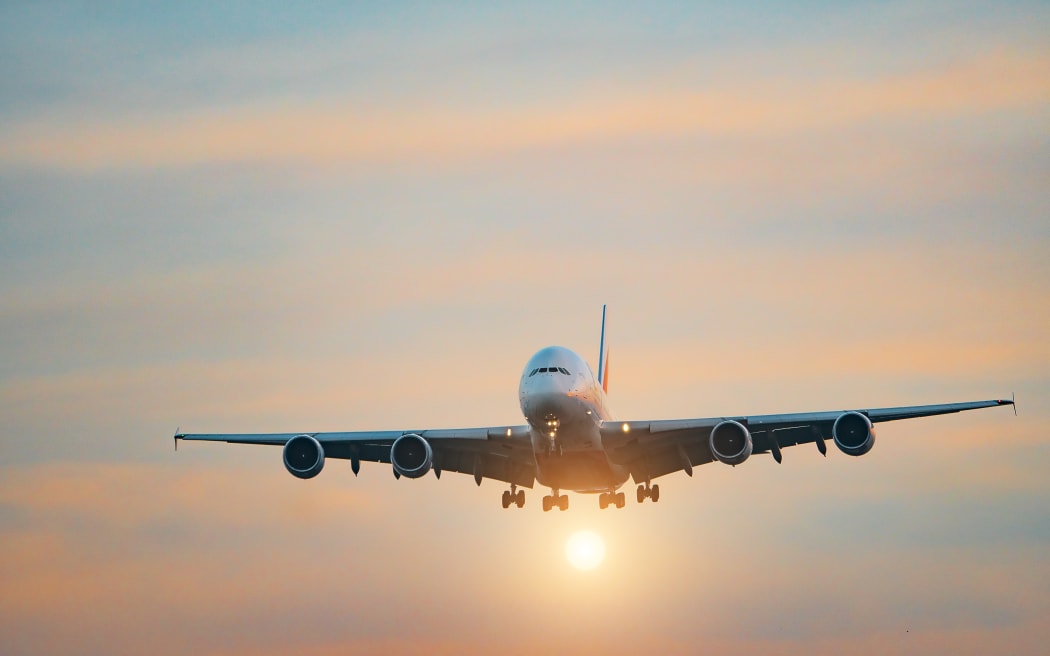
File photo. Photo: 123RF
Travellers on recent flights from Chennai in India to Singapore and from Singapore to Auckland are being asked to be alert after a fellow passenger was diagnosed with mumps.
Health New Zealand - Te Whatu Ora said the person was diagnosed with mumps on 22 March and has now recovered, but was potentially infectious while they were travelling.
The health agency said the passenger flew on Singapore Airlines flight SQ0529 from Chennai (India) to Singapore on 13 March departing at 11.15pm (IST), and arriving at 5.28am (GMT+08).
They then transferred onto Singapore Airlines flight SQ0281 from Singapore to Auckland on 14 March, departing at 8.45 am, and arriving at 11.35pm.
Anyone who was on the flights was being asked to be on the lookout for symptoms, and if feeling unwell, to stay home and contact their healthcare provider, or call Healthline on 0800 611 116 for advice and support.
If visiting a healthcare provider, recent travellers were asked to phone ahead so they could take steps to prevent themselves and others from getting infected, the health agency said.
"Mumps is caused by a virus that spreads very easily between people," National Public Health Service clinical director Dr Susan Jack said.
"The initial symptoms of mumps, such as fever, headache and tiredness, are similar to many other illnesses. Pain, swelling and tenderness (sore to touch) of the cheek and jaw area develop a few days after the other symptoms."
Dr Jack said mumps could take anywhere from 12-25 days after contact with a positive case to develop symptoms.
"This means that anyone who travelled on the same international flights as the case could start to develop symptoms any time from now, through until about the 8 April, so it's important to stay vigilant."
Mumps spreads through the air by talking, breathing, coughing and sneezing. It can also spread through saliva, for example by kissing or sharing food and drinks, she said.
A person could easily give mumps to someone else from two days before swelling appears, until five days after swelling starts. People who have the infection but do not have symptoms could also spread mumps.
"The best form of defence against mumps is to be immunised with two doses of the Measles, Mumps and Rubella (MMR) vaccine.
"So, it's really important that people make sure they're up to date with their immunisations, particularly when travelling. The good news is that the MMR vaccine will also protect you from measles and rubella," Jack said.
More information about mumps symptoms and the recent case locations of interest can be found here.

